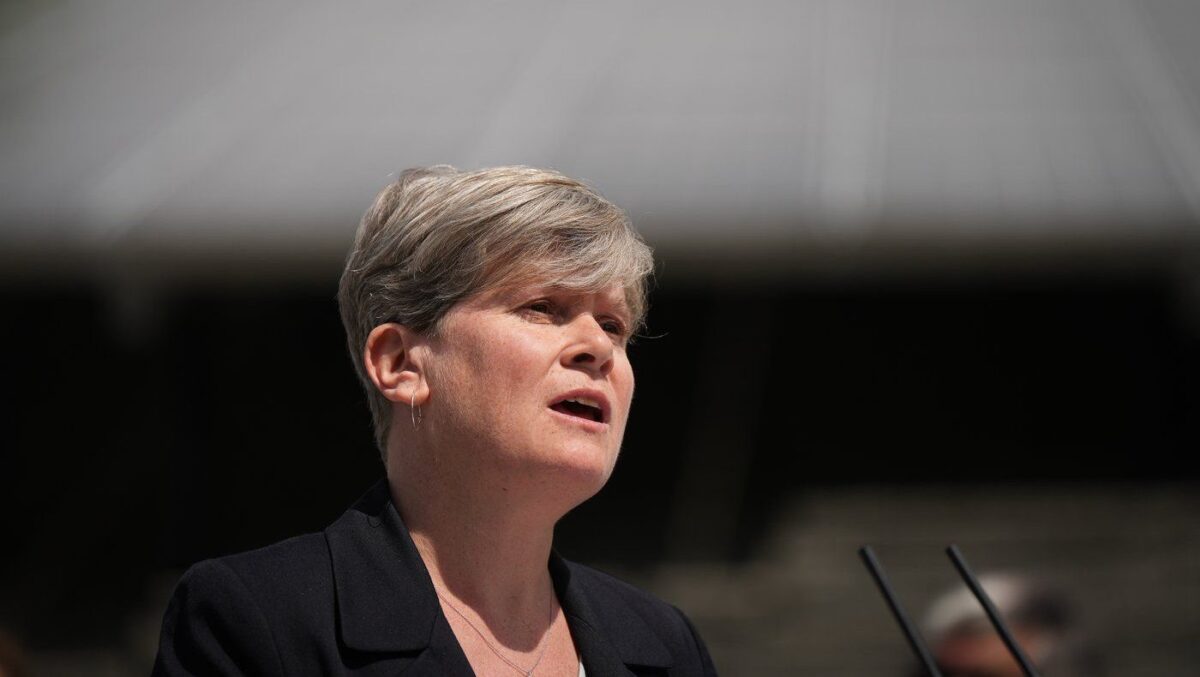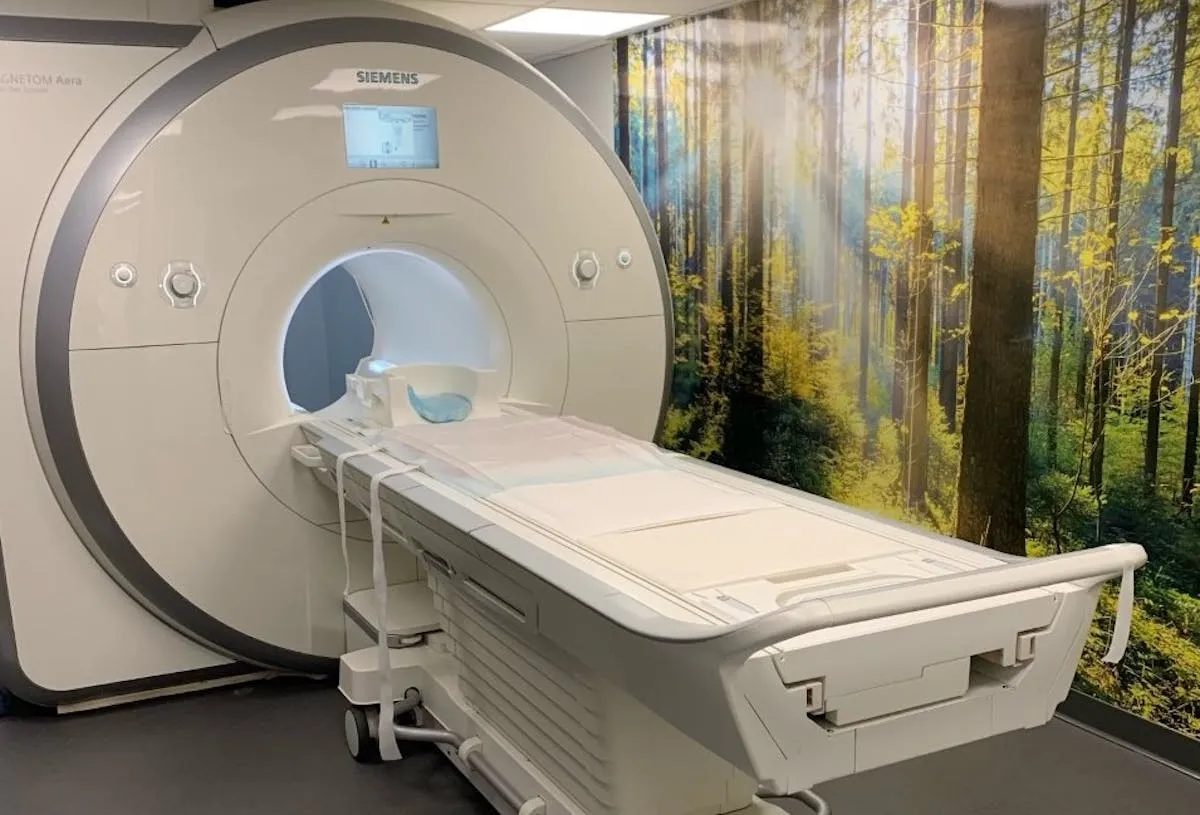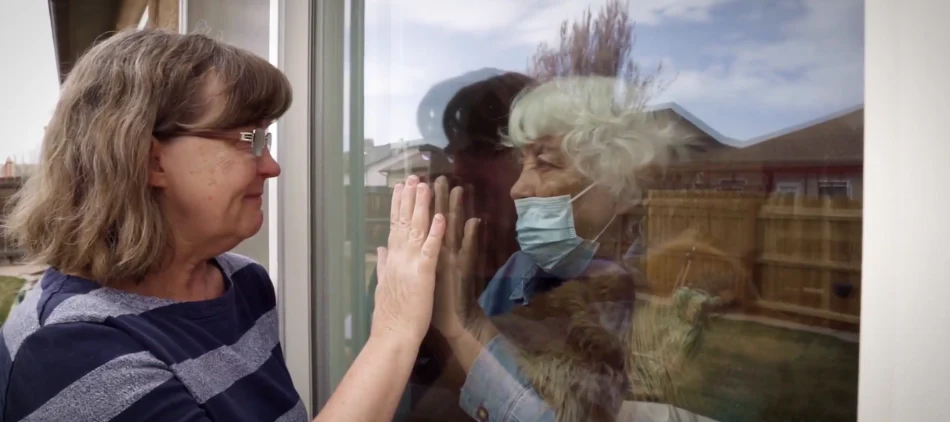New Strategy to Attract American Health Workers
British Columbia is ramping up efforts to recruit doctors and nurses from the United States, presenting itself as a stable and welcoming alternative to an increasingly turbulent healthcare landscape south of the border.
Health Minister Josie Osborne announced that U.S.-trained doctors will soon be able to practice in B.C. without additional exams, training, or assessments—removing a major hurdle that has long deterred foreign-trained professionals.
A similar streamlined licensing process for nurses is also in the works, alongside a marketing campaign targeting healthcare workers in Washington, Oregon, and California in the coming months.
“With all the uncertainty and upheaval in the U.S., we have a unique opportunity to bring skilled medical professionals to Canada,” Osborne said in a statement.
‘Now Is the Time to Move to B.C.’
Osborne was more direct when speaking to reporters.
“From cuts to public health programs to threats to reproductive rights and even talk of withdrawing from the World Health Organization, many healthcare workers in the U.S. have serious reasons to be concerned,” she said at a press conference.
“This is our chance to send a clear message: Now is the time to move to British Columbia. We welcome you to our beautiful province, where you’ll be supported and valued while helping to strengthen public healthcare.”
The initiative also includes efforts to fill critical shortages in rural and remote areas, where the need for healthcare workers is especially pressing.
When asked whether this move might strain diplomatic relations amid ongoing trade tensions between Canada and the U.S., Osborne dismissed the concern.
“This is about giving healthcare workers the option to relocate to a place where they feel respected, where they have strong colleagues beside them, and where they can thrive in their careers,” she said.
A Boost from B.C.’s New Payment Model
The province believes its recent revamp of the family doctor payment model—which took effect in early 2023—will make B.C. even more attractive to incoming physicians.
Since the changes were introduced, more than 1,000 new family doctors have started practicing in B.C., and a record 250,000 residents have been connected with a primary care provider this year alone.
Unlike the traditional fee-for-service system, which paid doctors based on the number of patients they saw, the new model offers a blend of salary-based pay and compensation for time spent with patients and case complexity.
This shift has significantly boosted average physician earnings, with family doctors now making approximately $385,000 per year, up from around $250,000 previously.
Doctors and Nurses Welcome the Changes
The Doctors of B.C. association praised the new payment structure, calling it a “critical step” in attracting and retaining medical professionals.
“This model is already making an impact,” said Charlene Lui, the organization’s president. “It’s helping to keep doctors in family medicine and ensuring more patients have access to care.”
The Ministry of Health confirmed that the expedited licensing process for doctors will roll out in the coming months, following the lead of Ontario, Nova Scotia, and New Brunswick, which have implemented similar policies.
Meanwhile, U.S.-trained nurses will soon be able to apply directly with the B.C. College of Nurses, which will review their credentials through a national licensure and disciplinary database in the U.S.
Challenges Still Remain
Despite these recruitment efforts, 400,000 British Columbians are still waiting to be connected with a family doctor, highlighting the ongoing strain on the healthcare system.
There’s also a major shortage of nurses. B.C. Nurses’ Union President Adriane Gear estimates there are around 6,000 vacant nursing positions, warning that recruitment alone won’t solve the problem.
“We can bring in more people,” she said, “but the real question is: can we keep them?”
A Call for More Team-Based Clinics
Dr. Rita McCracken, a family physician and UBC professor, acknowledged the province’s recent progress but stressed the need for long-term solutions beyond recruitment and salary increases.
She believes the next step should be a province-wide expansion of team-based clinics, where physicians, nurses, and other healthcare professionals work under one roof to improve efficiency and patient care.
“We need to be open to new models of care,” McCracken said. “Let’s test different approaches, keep what works, and drop what doesn’t.”







